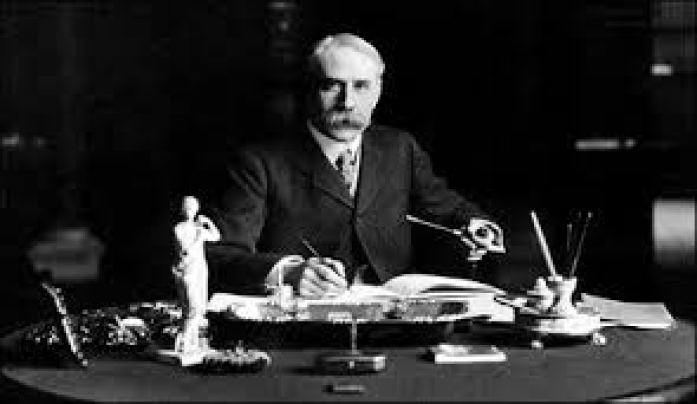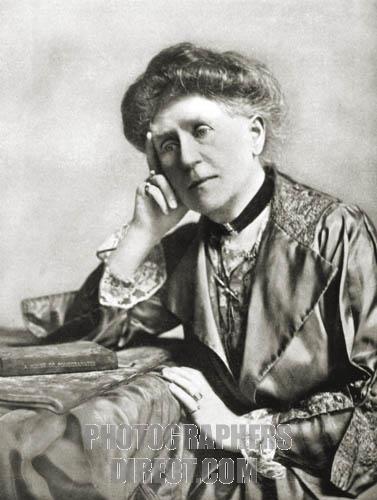I have a small, special place in my heart for the music of Edward Elgar, and his sentiments of the place and the people surrounding and inspiring him.
The Quintet, especially in its middle slow movement, contains that beauty of understanding made remarkable and moving because it resides beneath the surface of things, through which sounds a longing given to the viola, the alto of the string quartet—an arrangement similar to those often employed by Bach in his cantatas by means of the oboe and the male alto voice. The genius of Elgar’s Quintet is like that in the slow movement of Schubert’s piano trio in B♭, for it is extraordinarily moving.
Ian Parrott, in his book on Elgar, observes that the Quintet “uses the Franckian idea of a motto theme returning in the finale … [and] diverse ideas in juxtaposition.” Jerrold Northrop Moore, in his biography, states that the Quintet opens “with the piano turning the shape of Gerontius ‘Judgement’ to the Salve Regina, while the strings [mutter] pianissimo chromatics of opposition.” The conclusion of the coda employs the same material and the same opposition. The Salve Regina, along with juxtapositions of other material from the opening movement, return in the final movement and prepare the work for its conclusion. Its emotional effect is not entirely unlike that created by Francis Poulenc, also a Catholic composer, in the concluding Salve Regina of his 1956 opera, Dialogues des Carmélites.
The Quintet, Op. 84, completed in 1919 when Elgar was 62, is also a culmination, along with the ‘cello concerto, Op. 85, completed the same year. Both works are elegiac and influenced by the disillusion incited by the Great War. In 1920, his wife, Alice, died, and for the remaining 14 years of his life he wrote nothing notable, for after she passed away his creativity left him. And despite the individuality of his music, audiences lost interest in them. Harold Schonberg recounts that at Elgar’s “seventieth birthday concert in Queen’s Hall, the house was only half full.”
I suppose it would be nearly empty now, but I would be in the audience.
***
More on my perspective on art and being is to be found at my book Music and Being, from which this is a future excerpt.


